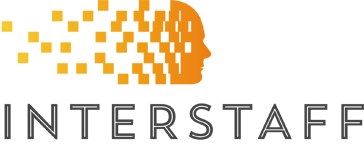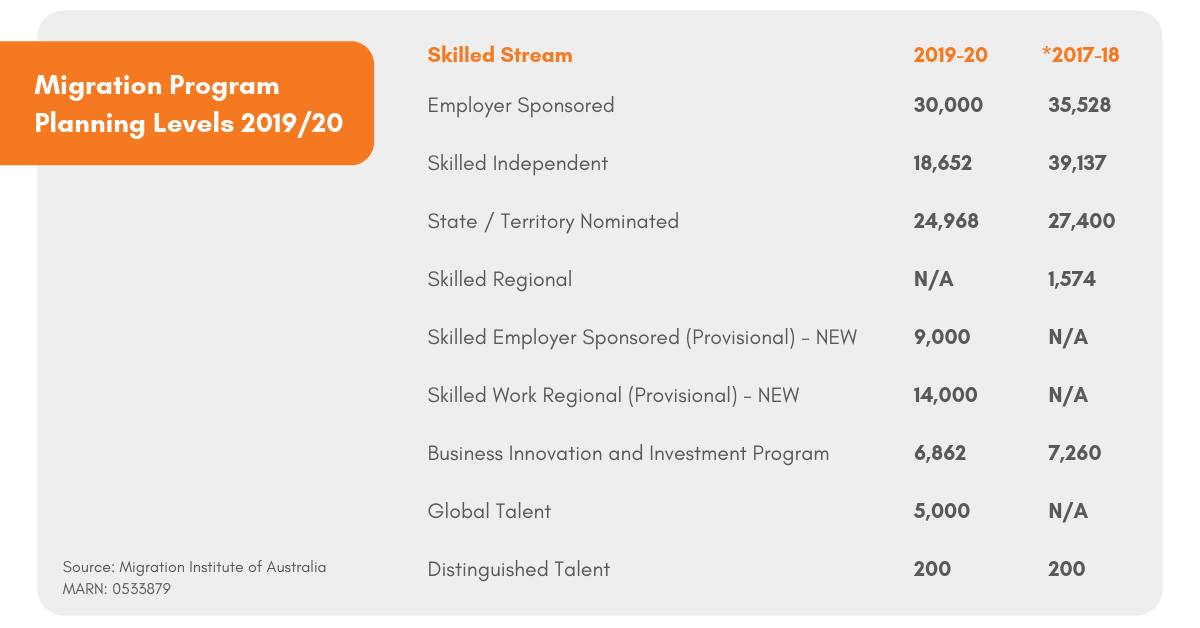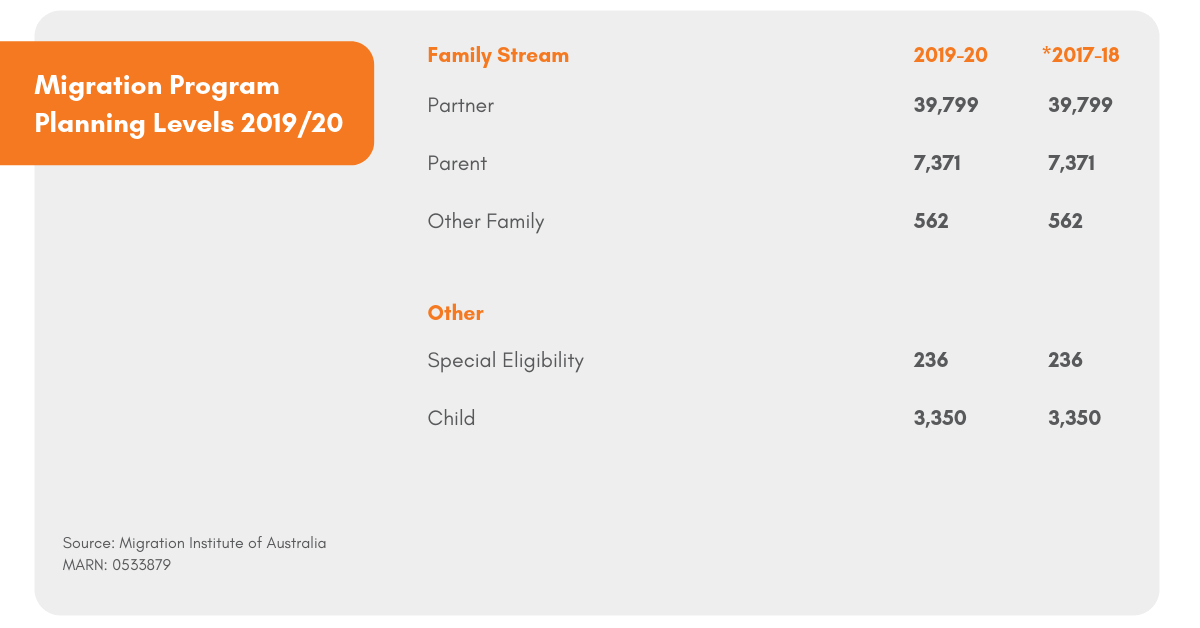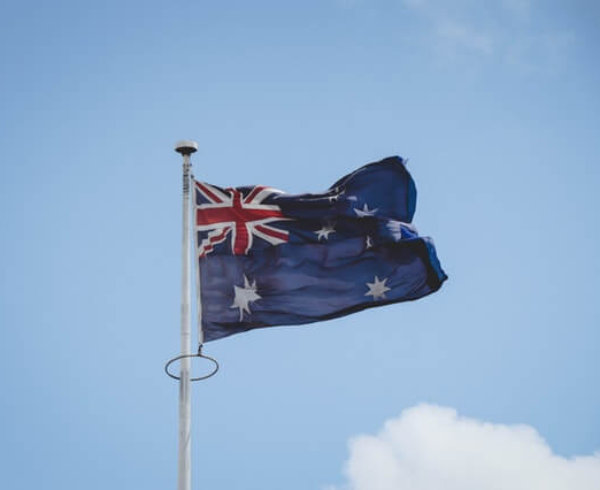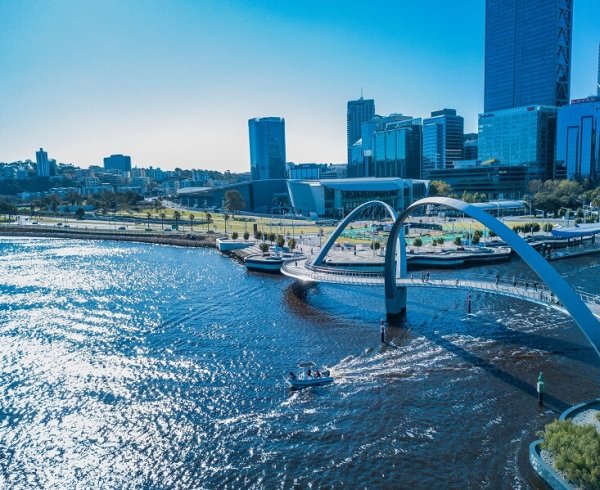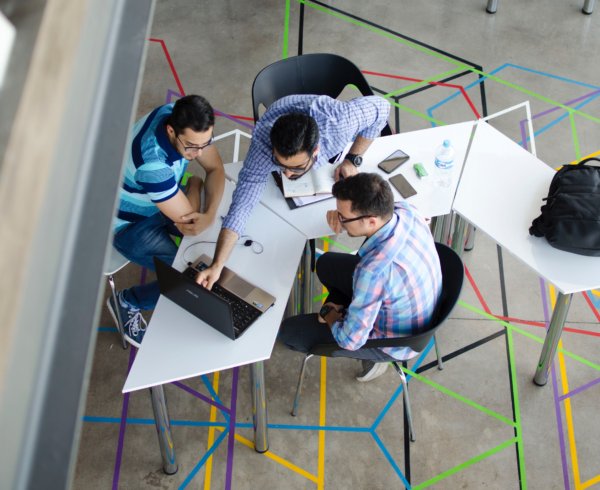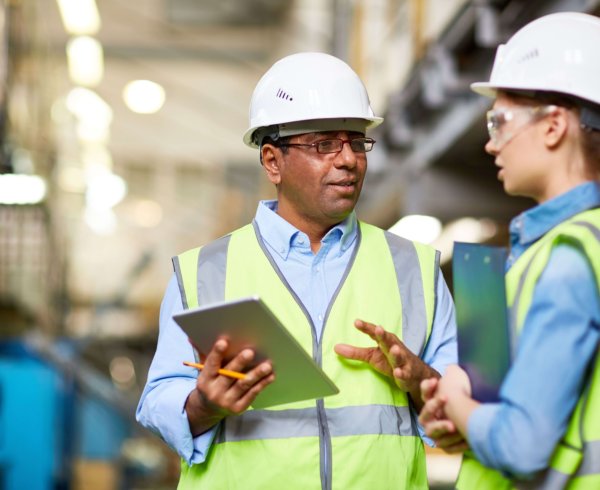Following the 2019 Federal Election, we now have greater certainty of Australia’s immigration policy directions over the next three-year Government term. Prime Minister, Scott Morrison will continue to lead the Australian Government and immigration policy changes that were previously announced under his direction are likely to progress. This includes a focus on regional migration, a lowered annual migration rate, greater availability of migrant support programs and an increased budget for ‘congestion-busting’ and infrastructure upgrades in capital cities.
A reduced annual permanent migration intake of 160,000 people | Immigration Australia
As per Australia’s Population Policy announced by the Government in March 2019, the nation’s permanent migration intake is now capped at 160,000 people each year over the next four years. The figure formally reduces the annual number of permanent residence visas by 30,000 places and brings planning levels close to actual levels of intake.
Recently announced 2019/20 Migration Program Planning Levels reflect the new permanent migration cap, with 162,417 places planned. Here are our insights into how Australia’s permanent migration intake will be managed:
- The permanent migration ratio has been maintained at 70 per cent for skilled visas and 30 per cent for family visas in 2019/20. There has been no change to the number of family visas available in 2019/20, which remains at 47,732 placements in total.
- There will likely be an increase in the number of State/Territory nominated places available in 2019/20. The addition of the Skilled Work Regional (Provisional) visa allows for 14,000 visas, and a portion of this will become available for the visa’s State/Territory nominated stream.
- There will be an overall increase in the proportion of migrants who are sponsored by an Australian business. As seen below, the 2019/20 figures for a non-regional employer-sponsored visa decreased by 5,528 compared to 2017-18. However, the new Skilled Employer Sponsored (Provisional) Visa will introduce an additional 9,000 permanent residence placements for employer sponsorship in regional areas from November 2019.
- The new Global Talent independent program will commence from 1 July 2019, with 5000 places allocated.
*The Department of Home Affairs’ 2018-19 statistics are not yet available.
Stronger incentives for migrants to settle outside capital cities | Immigration Australia
Migrants will be encouraged to settle in regional areas that require certain skills and expertise. Regional initiatives will involve:
- More opportunities to migrate with 23,000 places available under two new regional visas from November 2019. These visas will provide a pathway to permanent residence after a three-year waiting period.
- Access to priority visa processing under the two new regional visas.
- The ability to migrate under a larger pool of occupations compared to the eligible list of occupations for non-regional skilled visas.
- Negotiations for Designated Area Migration Agreements (DAMA’s) will be fast tracked to enable employers to sponsor overseas workers under occupations needed in specific regional areas.
- Extra points will be awarded to migrants living and working regionally. This could enable more migrants to qualify for a points-tested permanent residence visa.
- Flexibility to live and work in more regional areas of Australia. The classification of ‘Regional Australia’ will be expanded to include all areas of Australia outside Sydney, Melbourne, Brisbane/Gold Coast and Perth.
- Greater flexibility to work in regional areas under the Working Holiday Maker program. Changes will allow eligible migrants to stay for an extra year of work in regional areas and visa holders from a greater number of countries will become eligible for the program.
- More opportunities to study in regional Australia through scholarships and access to an additional year in Australia on a post-study graduate visa.
A $71 million budget to deliver Migrant support programs | Immigration Australia
As part of its election campaign, the Government promised it would deliver several programs to facilitate cultural integration among migrant communities. Some of the initiatives include:
- Expanded programs to help migrants with school aged children, pathways to employment and support for migrant women and young people.
- Sporting, language and digital initiatives to help migrants integrate into the Australian lifestyle.
- Local community initiatives to encourage a mutual understanding of different cultures and foster a respect for diversity among all Australians.
A $4 billion Urban Congestion Fund and a $100 billion budget for better infrastructure | Immigration Australia
As announced in the 2019-20 Budget, the Government has quadrupled the Urban Congestion Fund from $1 billion to $4 billion. Infrastructure investment has also increased from a spend of $75 billion to $100 billion. The Federal Government will work more closely with State and Territory Governments to match infrastructure with local population needs. Works will include:
- New public transport builds and upgrades
- A Fast Rail to regional centres to increase transport connectivity
- Commuter car park upgrades to encourage the use of public transport
- Road upgrades
Immigration Australia | How Interstaff can assist you
Interstaff will keep you updated on Australia’s immigration plans and how they may impact you. Our Registered Migration Agents specialise in skilled migration matters and would be happy to advise of your visa and sponsorship options. Simply contact our team of migration agents on +61 8 9221 3388 (or National Free Call 1800 449 858) or [email protected]
Source:
